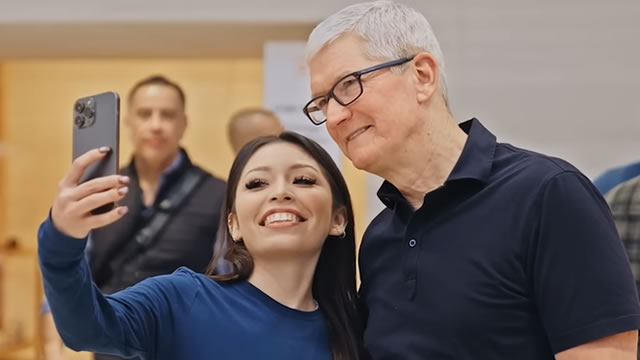Unilever’s GAP 2030 Strategy: A Focus on Growth, Premium Segments, and Operational Efficiency
Unilever, a leading global consumer goods company, has announced its Growth and Innovation (GAP) 2030 strategy. This strategy is designed to drive the company’s growth, enhance focus and efficiency, and improve margins and market share recovery by 2024.
Growth Through Premium Segments and Operational Efficiency
The core of Unilever’s strategy is its focus on growth. The company plans to achieve this by expanding its presence in premium segments and improving operational efficiency. Unilever’s premium brands, such as Dove, Axe, and Lipton, have shown strong growth potential, and the company intends to invest in these brands to capture a larger share of the market.
Moreover, Unilever is restructuring its business model to organize it by category. This move will enable the company to focus on specific areas and enhance operational efficiency. The company’s strong performance in the Beauty & Wellbeing and Personal Care segments is a testament to this strategy.
Competitive Pressures and External Risks
Despite competitive pressures and external risks, Unilever’s robust presence in emerging markets and strategic focus on top brands provide significant growth potential. The company has a strong presence in emerging markets, particularly in Asia, where the consumer goods market is growing rapidly. Unilever’s ability to adapt to local markets and consumer preferences has been a key factor in its success in these regions.
However, the company faces competitive pressures from other consumer goods companies and external risks such as supply chain disruptions and changing consumer preferences. Unilever is addressing these challenges by investing in innovation and sustainability, which are key trends in the consumer goods industry.
Impact on Consumers and the World
The implementation of Unilever’s GAP 2030 strategy is expected to have a significant impact on consumers and the world. For consumers, the focus on premium segments and operational efficiency may lead to improved product quality and innovation. The investment in sustainability initiatives may also result in more eco-friendly products and packaging.
At a global level, Unilever’s growth strategy is expected to contribute to economic growth and job creation in the markets where it operates. The company’s commitment to sustainability may also help reduce the environmental impact of the consumer goods industry.
Conclusion
Unilever’s GAP 2030 strategy is a bold move to drive growth, enhance focus and efficiency, and improve margins and market share recovery. The company’s focus on premium segments, operational efficiency, and strategic investments in emerging markets and top brands positions it well for future success. Despite competitive pressures and external risks, Unilever’s commitment to innovation, sustainability, and local market adaptation will help it navigate these challenges and continue to deliver value to its customers and shareholders.
- Unilever’s GAP 2030 strategy focuses on growth, premium segments, and operational efficiency.
- The company is restructuring its business model to organize it by category and enhance focus and efficiency.
- Despite competitive pressures and external risks, Unilever’s robust presence in emerging markets and strategic focus on top brands provide significant growth potential.
- The implementation of Unilever’s GAP 2030 strategy is expected to have a significant impact on consumers and the world, including improved product quality and innovation, economic growth, and job creation.





